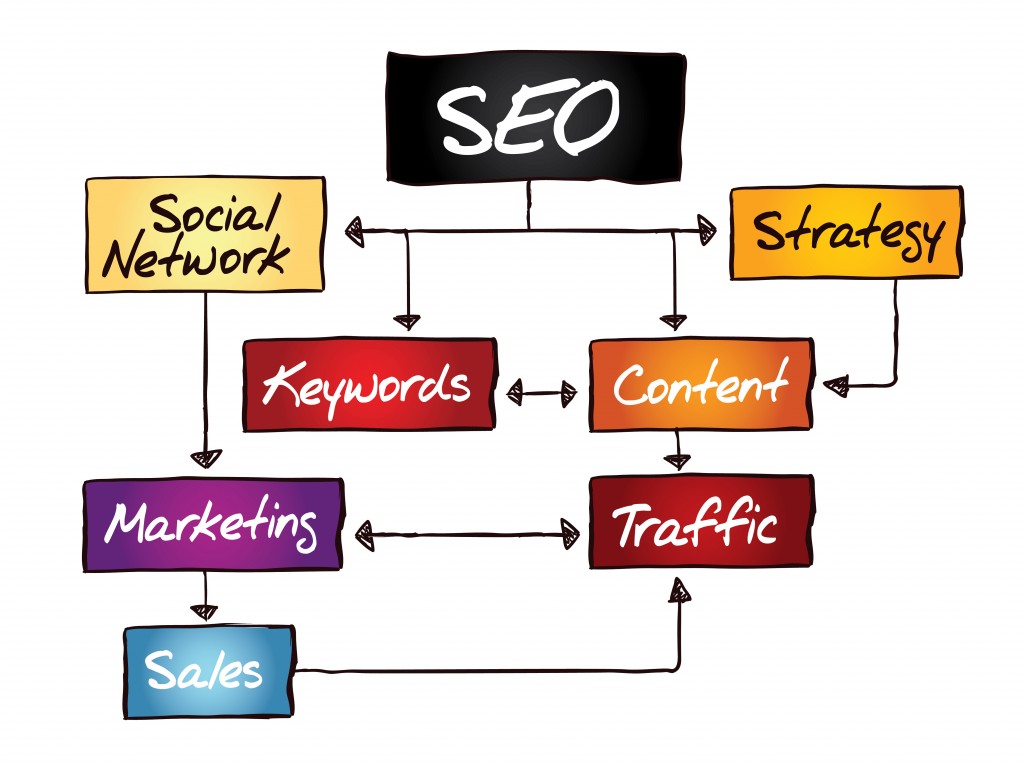Today, if your small business isn’t online, you’re missing out on a lot of potential customers. Whether you only have a Facebook page, a website, or a combination of both, having an online presence is crucial to businesses. Around the globe, 1.8 billion people shop online. Even those who don’t shop online look up the things they want to buy using the Internet. That means that the Internet is where your customers are and where you should be, too.
The importance of online presence for a business is why entrepreneurs need digital marketers and search engine optimisation or SEO. Digital marketers provide expert marketing SEO services. But for a more effective SEO strategy, it’s not enough to leave everything to the “experts.” Understanding what these experts do for your business is an excellent way to communicate what you want to get from their services. This understanding starts with knowing the most relevant terms used in SEO. We defined eight of them below.
Authority Site
An authority site is a website that consumers and industry experts trust. When your website is authoritative, it appears higher on search engines because it contains quality content. By providing trustworthy and valuable information, other websites will link back to yours, and search engines will deem it an authority site.
Inbound Link
An inbound link, also called a backlink, is a link in the content on one site leading to another. Inbound links to your website, especially coming from authority sites, increases your own authority.
Keyword
These are the words internet users enter in search engines to look for the goods and services they need. For example, someone looking for a haircut may type “salons in Melbourne” in the search engine. If you have a salon business, the pages of your website must be optimised for and contain these keywords to draw potential customers to you.
Call to Action
A call to action or a CTA is a link, a button, or simply a text that prompts readers to do something, such as buying a product or calling the business. The purpose of CTAs is to receive immediate action from your site visitors instead of having them scrolling through your content.
Pay-Per-Click Marketing
It is a type of marketing where you pay a host every time someone clicks on your advertisement through their website. This way, you can manage your marketing costs by strategically placing ads where they will have the best chances of being seen by potential customers.
Organic Traffic
The opposite of PPC, organic traffic refers to visits on your website from search results. When your website is optimised, it will come up on search engine results pages when people use keywords related to your brand when they search.
SERPs
Search engine results pages or SERPs refer to a search engine’s web page that someone sees every time they type queries or keywords.
Content Marketing
Content marketing means creating and publishing valuable pieces of content on your website. These can be in the form of web pages, social media posts, and blogs. Through content marketing, you get to answer your potential customers’ queries while also increasing your site’s authority.
These are only some of the most important terms in SEO. Learn more about them so you can understand how valuable they are to making your small business thrive.







